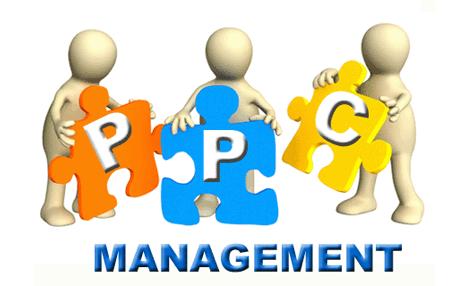 With the world of Internet marketing and search engine optimization (SEO) always changing, sometimes it’s hard to keep up with what is relevant now and what will be relevant next year, or even next month. Search engines are only getting more complicated and the key to SEO success is to stay updated on the latest techniques. Here are three factors you should pay close attention to in order to maintain high search engine rankings in the future.
With the world of Internet marketing and search engine optimization (SEO) always changing, sometimes it’s hard to keep up with what is relevant now and what will be relevant next year, or even next month. Search engines are only getting more complicated and the key to SEO success is to stay updated on the latest techniques. Here are three factors you should pay close attention to in order to maintain high search engine rankings in the future.
Local Search: Local search is huge and will continue to become even more popular in the future. Today Google says about 30% of all searches performed have local intent. Back in 2007, local searches only accounted for about 10% of all searches. Google tailors your search results to include businesses that are in your local area. These businesses show up in the Maps results, usually above the organic search results. Typing in a keyword such as “plumber” in your search box will retrieve results that reflect listings for plumbers in your local area. This is why optimizing your business listings and website with local keywords is important. You must also submit your business to local directories such as Google Places, Yelp and Merchant Circle to increase your online presence and the chances that your local consumers will find you online.
Social Media: Social media has been steadily on the rise and now it’s affecting rankings and grabbing the attention of your potential customers online. Building your brand online and creating an engaging environment for customers will encourage them to mention you to their social circles. The more social mentions you receive, the higher you will appear in the rankings. One social media network to pay attention to is Google+. Google will start using this network to tailor its search results and show its users the most relevant results for their searches based on the information they gain from their Google+ profiles. Twitter tweets are now being indexed and displayed in Google search results. This provides Twitter users the chance to optimize their tweets in order for their brand to appear higher in the search rankings.
Internet marketers, watch out for:
Personalization: The search engines are constantly retrieving large amounts of information from their users, which allows them to tailor the search results especially for them. These personalized results can present a problem for SEO because Google will display different results to each individual based on their previous searches, their interests and more information that is gained through cookies and even Google+ and the +1 feature. In fact, Google+ updates are now being incorporated into the search results and depending on your account, you may already be receiving more personalized results than you did before. Internet marketers need to take this new personalization factor into consideration when preparing for the future.


 Are you using pay-per-click (PPC) marketing and beginning to get frustrated on the lack of ROI? Before you give up, try these six PPC advertising tips. They could be the key to your business’s PPC success.
Are you using pay-per-click (PPC) marketing and beginning to get frustrated on the lack of ROI? Before you give up, try these six PPC advertising tips. They could be the key to your business’s PPC success.